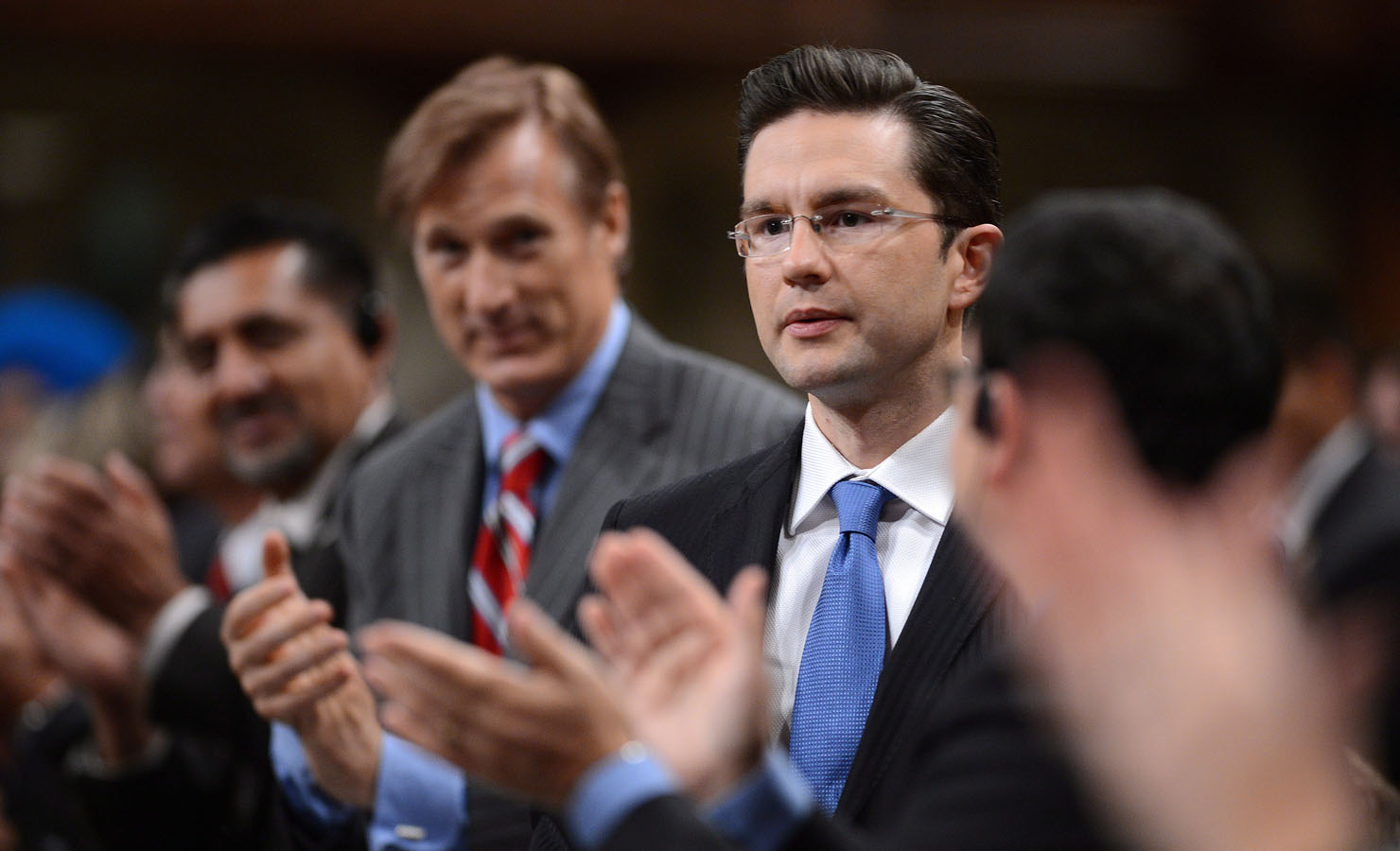Did the better Fair Elections Act debate occur in private?
At least within the Conservative caucus, compromise was being found
Adrian Wyld/CP
Share
CP’s Jennifer Ditchburn has an interesting piece explaining how the Fair Elections Act came to be and how it came to be amended.
“No bill that has been presented since 2011 has had more input from caucus,” said New Brunswick MP John Williamson. “There was a willingness to listen to caucus share a wide number of views and to continuously make changes so the bill would reflect the wishes of the government caucus.”
When Democratic Reform Minister Pierre Poilievre persisted in calling the bill “terrific,” many Conservatives knew there would be substantial amendments and in some cases were the ones pushing for the changes.
That sounds nice.
Inside caucus, different models for vouching were tossed around, including one called a “tendered ballot” that would allow people without the proper ID to vote, but then have their information verified later. This would come in handy in cases where a close election result would require close examination of ballots.
None of this was apparent from listening to Poilievre, however.
It is on this point that we might reflect on the last few months. Is it possible that this private discussion of compromises on vouching could have been had in public? Could the entire controversy have been avoided if experts like Harry Neufeld had been consulted and a compromise formulated before the bill was written?
You might add here Kady O’Malley’s anecdote about a government staffer who offered a far more nuanced explanation of why the government was reluctant to give the commissioner of elections the power to compel evidence.
Don’t get me wrong, the last few months have been highly entertaining, but were they the best use of everyone’s time?
